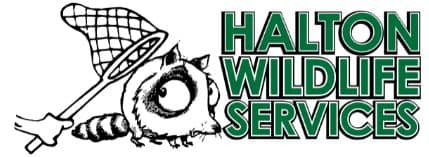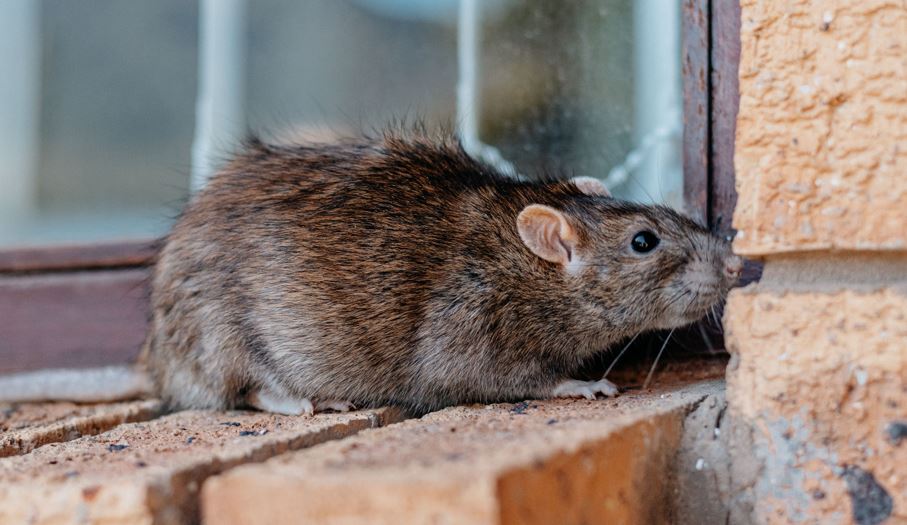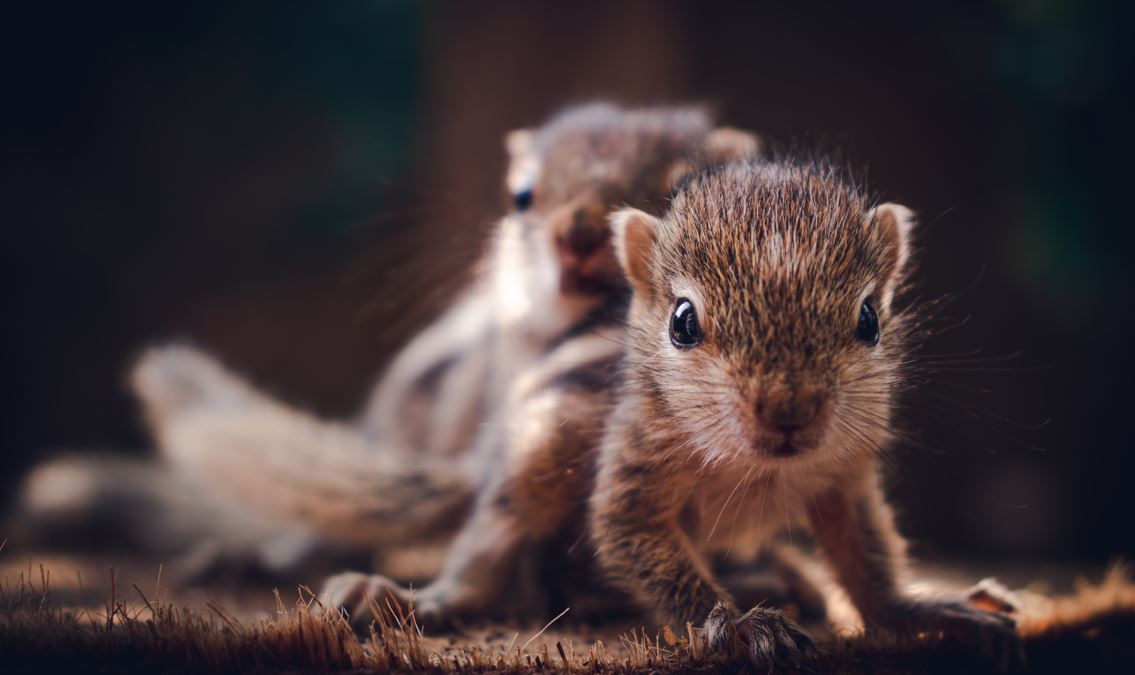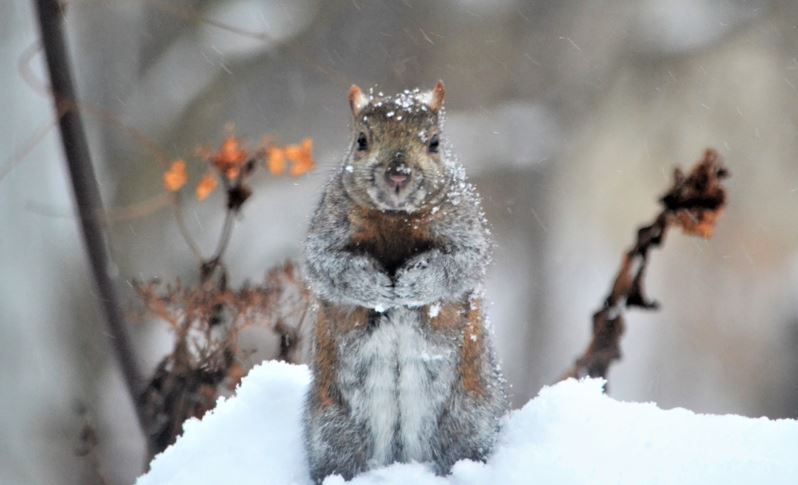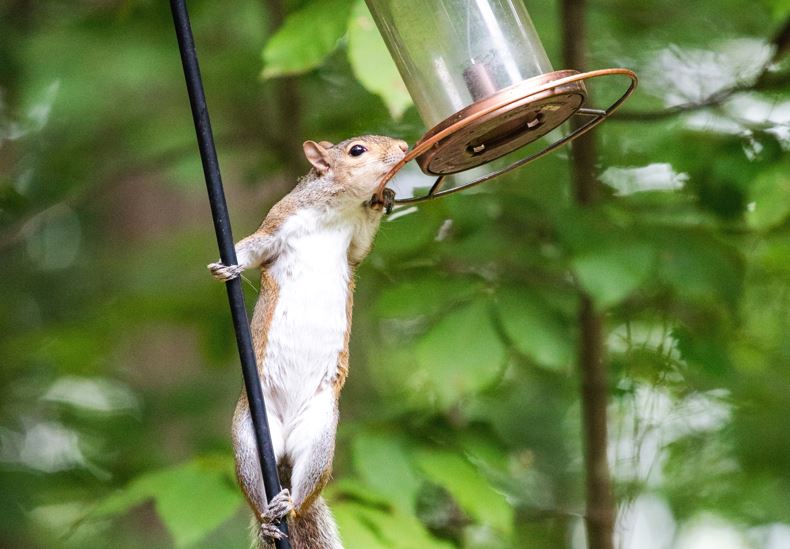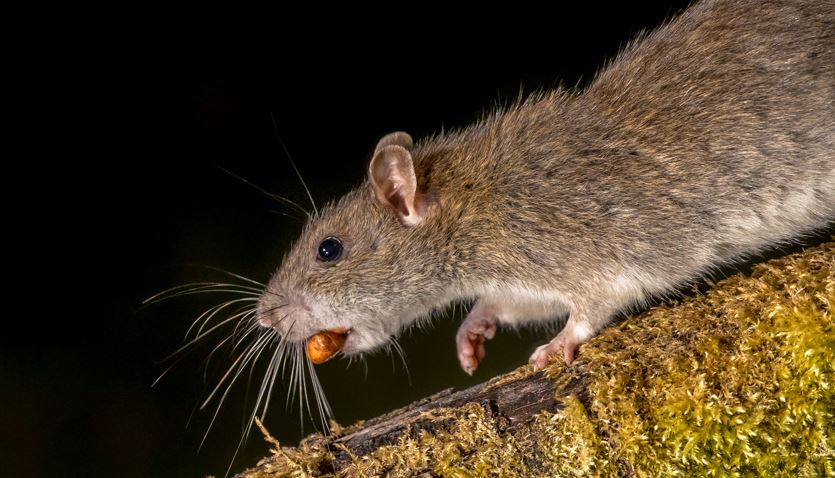As winter creeps in, a variety of wildlife face the challenge of finding warm and secure shelters to endure the harsh conditions. Unfortunately, some of these creatures may opt for unconventional refuges, venturing into our homes in search of warmth and protection. In this article, we will explore the reasons behind this behavior, identify common culprits, and then focus on the primary offender – mice.
Why Do Animals Invade Homes in Winter?
Winter introduces challenges such as cold temperatures, reduced food sources, and difficulty finding suitable habitats for many wildlife species. In response, animals instinctively seek warm and safe spaces to escape the winter chill. Residential spaces become an attractive option, providing a stable environment with access to food, water, and shelter.
Did you know? Just like your physical health, preventative home maintenance can include a pest control check-up that will identify potential entry points in your home. This will ensure protection from wildlife and rodents entering your home in winter. From protective vent covers to repairing eavestrough gaps, to total animal and rodent proofing – stay protected! If you’re in the Oakville, Burlington or Milton area – call the experts at Halton Wildlife.
Common Winter Home Invaders: A Brief Overview
Numerous wildlife species are known to invade homes during winter. Understanding why these animals seek refuge is crucial in devising effective prevention strategies. Let’s explore some of the common invaders and their motivations:
- Raccoons:
- Reasons: Raccoons are attracted to attics and crawl spaces for warmth and protection from predators. These intelligent creatures also seek out potential food sources, such as trash cans and pet food left outdoors.
- Bats:
- Reasons: Bats often hibernate in secluded spaces during winter. Attics and wall voids provide a quiet, warm, and safe environment for them to roost and conserve energy until spring.
- Squirrels:
- Reasons: Squirrels seek refuge in homes primarily for warmth and protection. Attics, chimneys, and wall voids offer cozy spaces away from the harsh weather. Additionally, they may use these areas for nesting and storing food.
- Birds:
- Reasons: Some bird species may enter homes seeking shelter during winter. Chimneys and vents are common entry points. They are attracted by the warmth and protection from the elements.
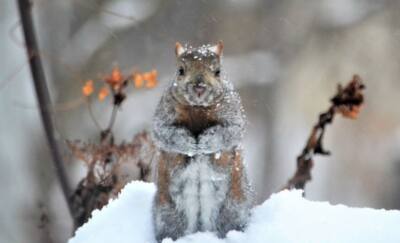
In winter, wildlife is looking to get into your home. The least protected homes are easy targets. Is yours? A small investment in animal-proofing your home can save you thousands of dollars in damages.
The Number 1 Culprit: Mice
While various animals may attempt to invade homes during winter, one creature stands out as the number one culprit – mice. These small rodents are notorious for infiltrating homes, causing damage, and posing health risks to residents.
Understanding Why Mice Invade Homes in Winter:
- Warmth and Shelter: Mice, like many other animals, seek warmth and protection from the cold. Your home provides an ideal haven for them to escape the freezing temperatures.
- Access to Food: As winter reduces the availability of natural food sources, mice venture into homes in search of sustenance. Crumbs, stored food, and even pet food can be attractive to these opportunistic rodents.
- Breeding Opportunities: Mice reproduce rapidly, and the winter season offers them a secure environment to breed and raise their young. This increases the likelihood of infestations during this time.
The Dangers of a Mouse Infestation:
Mice pose various risks to human health and property. They can contaminate food (via urine, hair and droppings), carry diseases, and damage structures by gnawing on wires, insulation, and other materials. Mice also carry fleas, mites, and the disease hantavirus. Additionally, their constant gnawing can pose a fire hazard if they chew on electrical wiring. (MyHealth Alberta).
Preventing and Managing Mouse Infestations:
- Seal Entry Points: Conduct a thorough inspection of your home to identify and seal potential entry points. Pay attention to gaps around doors and windows, openings in the foundation, and spaces around utility lines.
- Maintain Cleanliness: Eliminate potential food sources by keeping your home clean and well-maintained. Store food in airtight containers, promptly clean up crumbs, and secure trash bins.
- Use Humane Traps: If mice have already infiltrated your home, consider using humane traps to capture and release them away from your property.
- Professional Pest Control: In severe infestations, it may be necessary to consult with professional pest control services. They can assess the extent of the issue and implement effective strategies to eliminate the infestation.
Protect Your Home from Animal Entry and Infestation in Winter
As winter approaches, it’s essential to be proactive in safeguarding your home against unwanted animal invaders, ranging from raccoons and bats to squirrels. Understanding the reasons behind their incursions and taking preventive measures can help ensure a warm, secure, and pest-free home throughout the winter months.
For more information on protecting your home from winter wildlife invasions and dealing with mouse infestations, visit Halton Wildlife.
Remember, a little preparation can go a long way in keeping your home cozy and critter-free during the colder months. Stay informed, stay warm, and enjoy a pest-free winter season!
